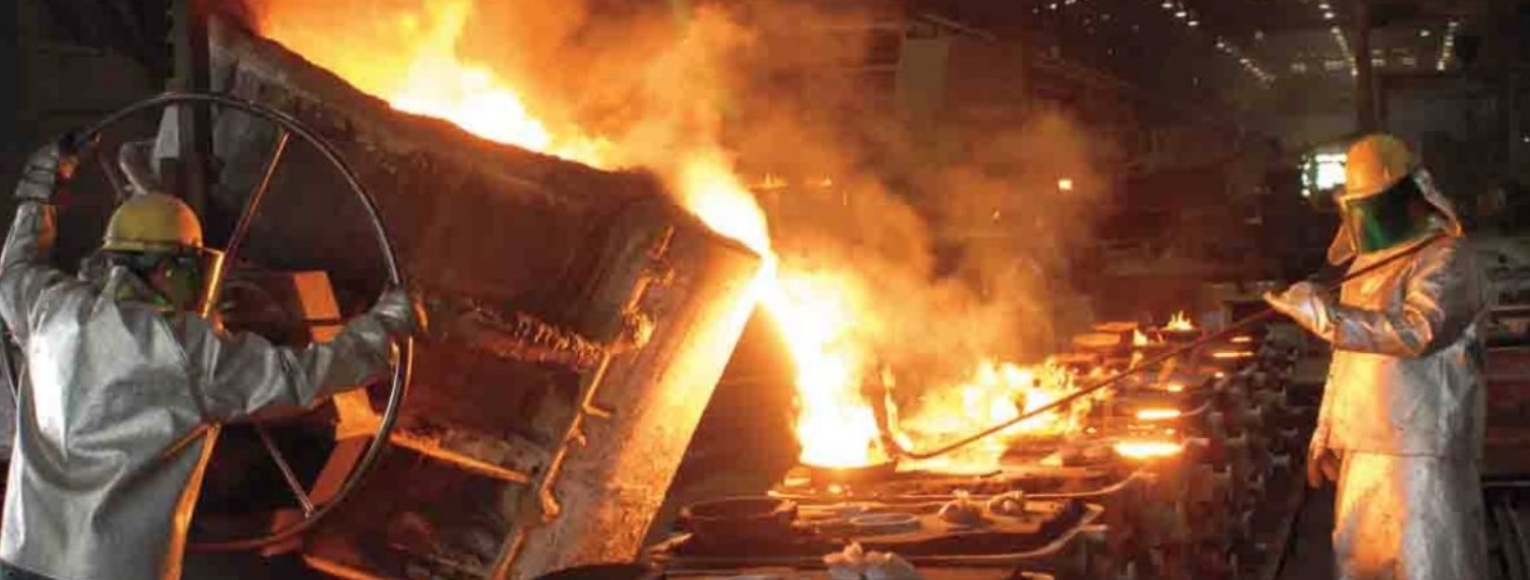
The future of steel casting process in the context of Industry 4.0 presents an exciting array of predictions and possibilities. Industry 4.0, characterized by automation, data exchange, and manufacturing technologies, promises to revolutionize the steel casting process industry. Here’s an exploration of what the future might hold:
1. Integration of Advanced Technologies
- Artificial Intelligence (AI) and Machine Learning: AI can optimize casting processes, predict maintenance needs, and improve quality control through defect detection algorithms.
- Internet of Things (IoT): IoT devices will enhance real-time monitoring and control of casting equipment, leading to increased efficiency and reduced downtime.
2. 3D Printing and Additive Manufacturing
- Rapid Prototyping: Faster and cost-effective development of molds and prototypes.
- Customization: Ability to produce highly customized and complex shapes that are difficult to achieve through traditional casting methods.
3. Automation and Robotics
- Increased Automation: Further automation in material handling, pouring, and finishing processes.
- Cobots (Collaborative Robots): Integration of robots that work alongside humans, improving safety and efficiency.
4. Smart Factories
- Connected Manufacturing: Factories where machines are interconnected, allowing for seamless data exchange and process optimization.
- Predictive Maintenance: Using data analytics to predict equipment failures before they occur, minimizing downtime.
5. Material Innovations
- New Steel Alloys: Development of stronger, lighter, and more sustainable steel alloys.
- Eco-friendly Materials: Use of environmentally friendly materials for molds and cores.
6. Sustainability and Environmental Consciousness
- Reduced Carbon Footprint: Emphasis on reducing emissions and energy consumption.
- Recycling and Circular Economy: Advanced methods for recycling and reusing steel and other materials.
7. Quality Control Enhancements
- Advanced Sensors and Monitoring: Use of sophisticated sensors for real-time quality control during the casting process.
- Digital Twins: Creation of digital replicas of physical castings for simulation and analysis, reducing the need for physical trials.
8. Customization and Flexibility
- Mass Customization: Ability to produce customized parts on a large scale.
- Flexible Manufacturing Systems: Systems that can easily adapt to changes in product design.
9. Workforce Development
- Skill Enhancement: Training programs focused on new technologies and data analytics.
- New Roles and Opportunities: Emergence of new job roles requiring expertise in robotics, AI, and IoT.
Conclusion
The future of steel casting process in Industry 4.0 is poised to be transformative, characterized by technological advancements, increased efficiency, sustainability, and new opportunities for customization and innovation. As these technologies become more integrated into the steel casting process, the industry is likely to see significant improvements in product quality, manufacturing efficiency, and environmental sustainability.
